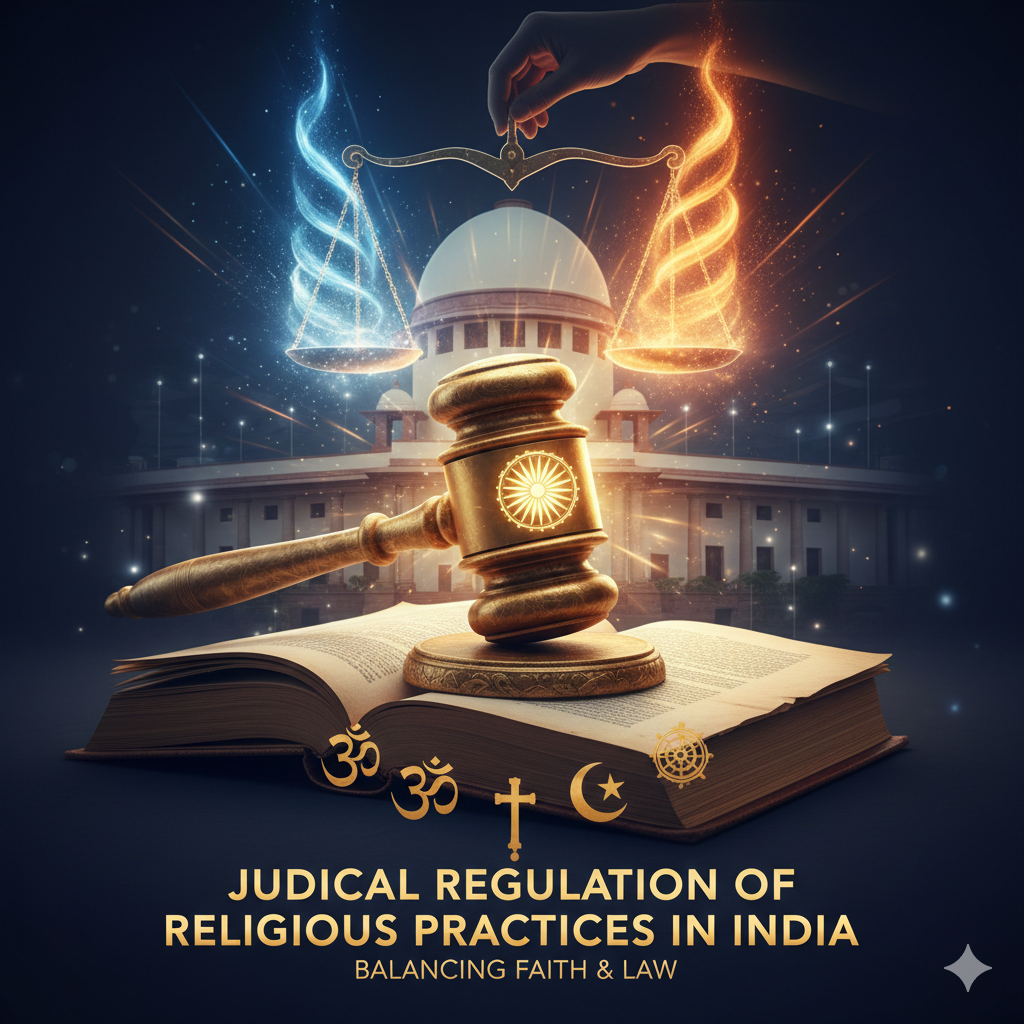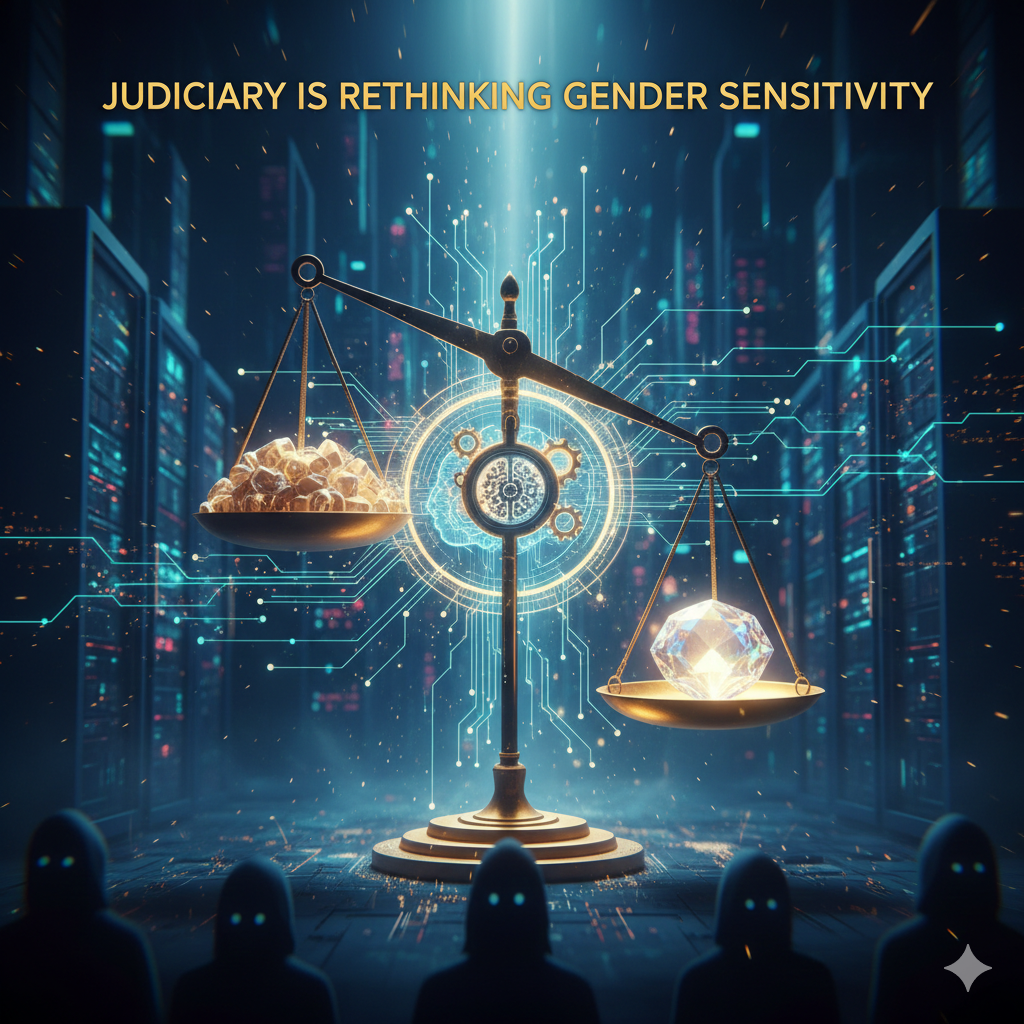The power to pardon in the Indian Constitution is vested in both the President of India and the Governor of states, though there are significant differences in the scope, application, and constitutional framework of these powers. While both the President and the Governor can grant pardons, reprieves, respites, or remissions of punishment, the contexts in which they exercise their powers differ, and the extent of their authority varies under Articles 72 and 161 of the Indian Constitution.
Constitutional Provisions: Articles 72 and 161
Article 72: Power of the President to Pardon
Article 72 of the Indian Constitution deals with the power of the President to grant pardons, reprieves, respites, or remissions of punishment, or to suspend, remit, or commute the sentence of any person convicted of an offense. The President’s powers are broad, and they apply in cases involving both central and state offenses. This power can be exercised on the advice of the Council of Ministers, but the President retains discretion in granting pardons or other forms of clemency.
The full text of Article 72 reads:
“The President shall have the power to grant pardons, reprieves, respites, or remissions of punishment, or to suspend, remit, or commute the sentence of any person convicted of any offense—
(a) in all cases where the punishment or sentence is by a Court Martial; (b) in all cases where the punishment or sentence is for an offense committed under any law relating to a matter to which the executive power of the Union extends; and (c) in all cases where the sentence is a sentence of death.”
Article 161: Power of the Governor to Pardon
Similarly, Article 161 of the Constitution grants the Governor of a state the power to grant pardons, reprieves, respites, or remissions of punishment, or to suspend, remit, or commute sentences for offenses. However, the exercise of this power is more limited than that of the President. The Governor can only act in cases where the offense falls within the jurisdiction of the state law, and the power applies to offenses against state laws or for actions committed within the state. The Governor’s power to pardon does not extend to cases involving offenses under Union laws or matters concerning national defense, security, or foreign relations.
The full text of Article 161 reads:
“The Governor of a State shall have the power to grant pardons, reprieves, respites, or remissions of punishment, or to suspend, remit, or commute the sentence of any person convicted of any offense against the law relating to a matter to which the executive power of the State extends.”
Key Differences Between the Powers of the President and the Governor
1. Scope of Power
- President (Article 72): The President of India has a wider scope of power compared to the Governor. The President’s powers are not confined to offenses committed within the Union or state jurisdiction. The President can grant clemency in cases related to central offenses, including those tried by courts martial (military tribunals) and cases involving the death penalty. Furthermore, the President’s clemency power applies in cases where the offense relates to Union laws, such as offenses against national security or laws enacted by Parliament.
- Governor (Article 161): The Governor’s power, on the other hand, is more confined to offenses committed within the state’s jurisdiction. The Governor can only exercise clemency for offenses under state law. For example, if a person is convicted of a crime under the Indian Penal Code (IPC) or state-specific legislation, the Governor can grant a pardon, remission, or commute the sentence, but this does not extend to offenses under Union law.
2. Type of Offenses
- President (Article 72): The President’s power extends to offenses of any type, including those committed under Union laws, and particularly for death sentences. The President has a unique constitutional role when it comes to offenses that involve national security, defense, or public order, and can grant clemency in these areas even if the offense falls under Union jurisdiction.
- Governor (Article 161): The Governor can grant clemency for offenses that fall within the scope of the state’s legislative jurisdiction. However, this power does not extend to offenses under Union laws or those concerning national matters like defense, foreign policy, or central administrative issues.
3. Application in Death Penalty Cases
- President (Article 72): One of the most crucial applications of Article 72 is its power to grant clemency in death penalty cases. The President can commute a death sentence to life imprisonment or grant a pardon or reprieve for a person facing the death penalty. The President’s decision is final and typically made after consulting with the Council of Ministers, though the power remains discretionary.
- Governor (Article 161): The Governor can also grant clemency for a death sentence, but only for offenses under state laws. In practice, the power to grant clemency in death penalty cases for offenses involving Union laws or national security lies with the President. Therefore, the Governor’s clemency power would generally not apply to high-profile national security cases or those involving terrorism, unless they are prosecuted under state jurisdiction.
4. Role of Council of Ministers
- President (Article 72): The President’s power to pardon is usually exercised on the advice of the Council of Ministers. The President’s decision-making process is influenced by the government, although the President retains discretion in individual cases. This system maintains a balance of power while ensuring that the President’s role is aligned with the executive policies of the Union Government.
- Governor (Article 161): The Governor’s power is exercised on the advice of the state Cabinet or the Chief Minister. Similar to the President, the Governor is expected to act according to the advice of the Council of Ministers, but the clemency decision is typically less high-profile and does not involve the national considerations that may influence the President’s decisions.
5. Discretion and Executive Powers
- President (Article 72): The President has greater discretionary powers, especially in cases related to national interests such as security and public order. In situations where the offense is related to national defense or Union laws, the President’s clemency power can play a significant role in shaping the course of justice.
- Governor (Article 161): The Governor’s discretionary powers are more constrained and operate within the scope of state law. The Governor cannot intervene in matters concerning Union laws, and the scope for exercising discretion is narrower compared to the President.
6. Relationship with Judiciary
- President (Article 72): The President’s clemency power is an executive function, and the exercise of this power often involves recommendations from judicial bodies. In practice, the President may act on the advice of a court in the case of death sentences, as seen in high-profile cases where the President commuted death sentences following judicial recommendations.
- Governor (Article 161): Similarly, the Governor’s power is often exercised on the advice of the state Cabinet, though the Governor may also act in response to judicial or public opinion. However, since state offenses are typically less politically or judicially contentious than Union offenses, the Governor’s clemency powers are not frequently invoked in the same manner as the President’s.
Conclusion
In summary, while both the President and the Governor have the constitutional power to pardon, reprieve, respite, or commute sentences, the scope and application of these powers differ significantly. The President, under Article 72, enjoys a broader and more discretionary power, particularly in cases related to Union laws, national security, and death penalty cases. In contrast, the Governor’s powers under Article 161 are confined to offenses committed under state laws, and the Governor’s role is often more limited, especially in high-stakes national matters. Both powers reflect the decentralized nature of India’s federal system, where different levels of government have jurisdiction over different types of offenses.




